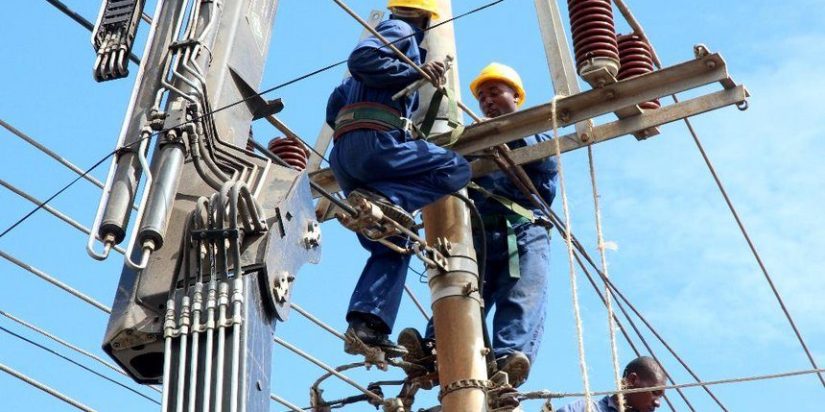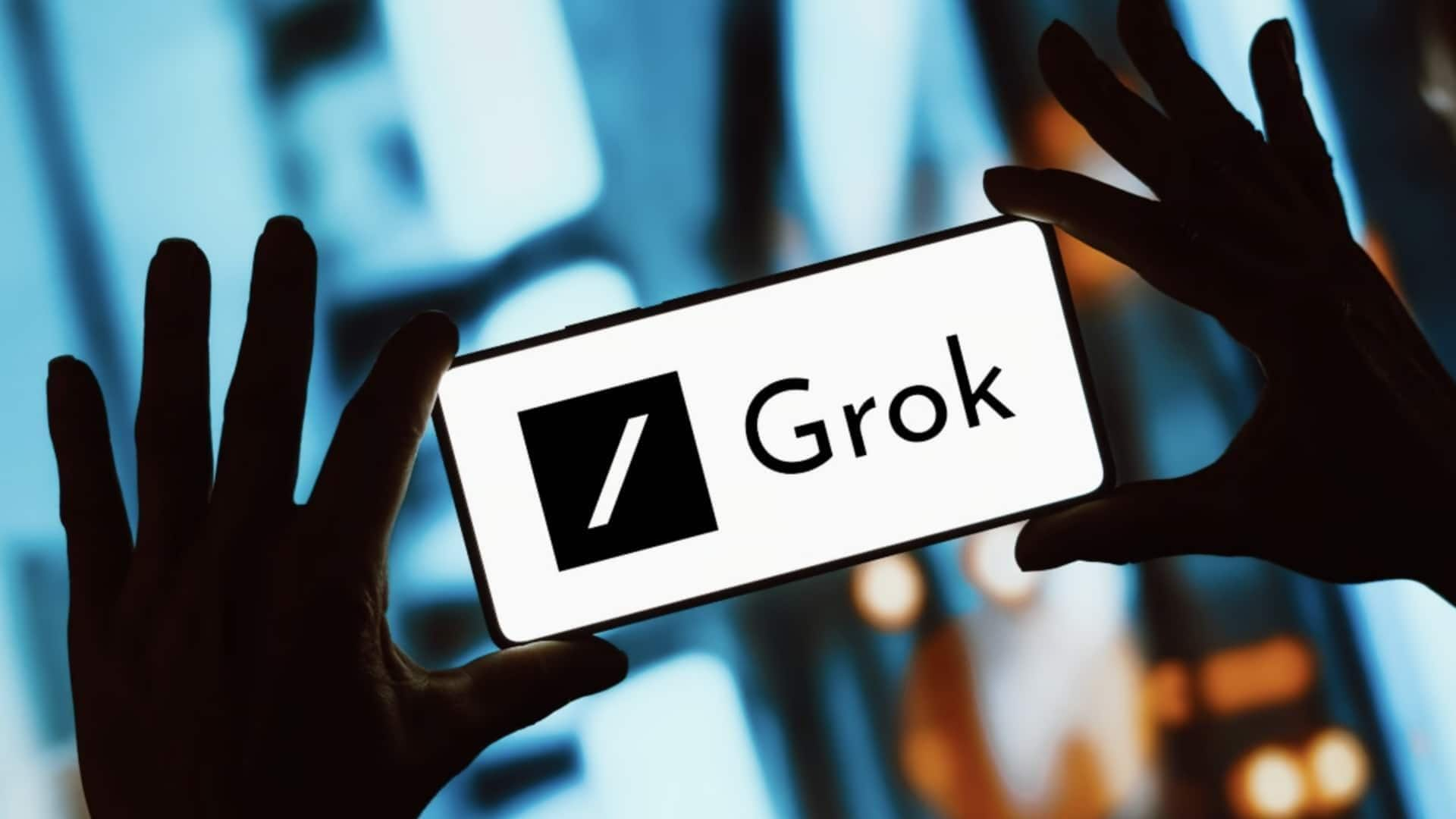
With the rise of globalization, supply chains have become more complex than ever before. Many companies now outsource their manufacturing abroad and have a host of multinational suppliers to manage. With so many moving pieces, visibility into supply chains can falter, and standards become increasingly difficult to maintain.
When it comes to ethical standards, the cost of an opaque supply chain can be measured in human lives. In an effort to save money, some overseas manufacturers will employ forced labor or child labor — and many manage to do so under the radar, despite recent increases in . Hope for Justice, an NGO based in the UK, seeks to end these practices.
Founded 16 years ago, the organization was created “to see an end to modern-day slavery, human trafficking and labor exploitation” says Hope for Justice’s chief executive officer and cofounder, Tim Nelson. Now functioning across seven countries, the charity works to prevent exploitation at the root, rescue victims and reintegrate them into society. As part of its mission, set up the division Slave-Free Alliance in 2018 to help multinational organizations eliminate slavery from their operations and supply chains.
Now Slave-Free Alliance and Hope for Justice regularly partner with companies to pinpoint problems within their supply chains that may be inadvertently enabling illegal labor practices. The first step in this process, says Nelson, is a gap analysis. Slave-Free Alliance will essentially audit the company, reviewing statements and processes and conducting site assessments to investigate where there might be gaps between the company’s ethical standards and its actual supply chain operations.
While these audits are an important part of the due diligence process, they have their limitations, Nelson says. Given the complexity of today’s supply chains, even the most scrupulous auditors could miss details that might not be immediately visible in that gap analysis. “We realized that we needed to have a technology component that would give us visibility beyond that which we can see ourselves,” he says.
To achieve this, Slave-Free Alliance and Hope for Justice set out to partner with a leading AI software company that could offer a much-needed layer of transparency through supply chain mapping and intelligence. After an extensive review of over 400 platforms, Hope for Justice partnered with , a software company that uses AI to drive end-to-end visibility into a company’s supply chain and related risks. “When we set about analyzing those systems to try and determine who we would partner with, genuinely a small number came to the fore, and Exiger was heads and shoulders above all of the others,” says Nelson.
Exiger was equally enthusiastic about the partnership. For years, Exiger’s customers have been identifying and mitigating hidden forced-labor issues in multi-tier supply chains using its software. “I remember this very specific case where one of our largest customers had put one of their vendors through all of the traditional screening practices, and they came back green,” says CEO Brandon Daniels.
But when that customer ran the vendor through Exiger’s , he says, they traced that its existing director owned another company that was at that same time being indicted for trafficking 39 Vietnamese immigrants to the UK, all of whom died in the cargo hold in which they were transported. By spotting the transgression before partnering with that vendor, Exiger’s customer was able to stop the contract. Cases such as this one emphasize the urgency of labor regulations and oversight; and for Daniels, it was one of several that encouraged him to partner with more NGOs working to stamp out the problem at the root.
“Working with Hope for Justice and Slave-Free Alliance, we could be a part of effectuating change,” says Daniels. “We could be a part of the investigations and on-the-ground research.” With its advanced AI platform, Exiger’s technology was able to offer the high level of multi-tier supply chain visibility that Hope for Justice needed for its customers.
From due diligence to risk analysis, he says, the software can drill down to the and even raw materials within a company’s supply chain to show both how a given product was made and where forced labor could be involved in that process. “I knew we could help Tim, and I knew he would do something good in the world with our technology,” Daniels says. “That’s how we founded this partnership.
” Once he’d found the right partner, Nelson set about bringing all the necessary customers and stakeholders on board with Exiger’s platform, which, he says, wasn’t done in a day. First, Slave-Free Alliance needed to understand the unique ways in which each of their customers operated. “Every company is slightly nuanced,” says Nelson.
“It doesn’t always operate in a standardized model and format.” For many of Slave-Free Alliance’s customers, the decision to bring on a new system would not be an easy one — particularly given that it was rarely just one person making the call, but a whole group of stakeholders. Despite those challenges, the argument for bringing on a solution like Exiger’s 1Exiger platform was the same for everyone.
Each of those companies had a problem that Slave-Free Alliance had been brought on to help them with. Without into their supply chains, that problem would remain. Moreover, increased governmental regulations — including the threat of fines and sanctions — added additional pressure on those companies to stamp out forced labor in their supply chains.
Once everyone understood the importance of end-to-end , says Nelson, the answer — to employ Exiger’s platform — was obvious. Today, Exiger’s advanced technology is already reaping benefits for Slave-Free Alliance and its customers. Recently, the platform has been used to help companies identify tantalum in their supply chains, a metal widely used in electronics and chemical equipment.
Tantalum is particularly useful in medical devices because it doesn’t rust or corrode in the body. But reports have shown that in many cases, companies selling tantalum are using child labor to extract the material. It's easy for companies to hear about cases like this and feel geographically removed from the issue, says Nelson.
But with Exiger’s platform, Slave-Free Alliance is able to pinpoint not just where the problem is occurring, but also which industries are affected, and which core products. According to Daniels, there’s more in store for the partnership. Exiger has recently acquired new technology to enhance its capabilities that help companies generate and analyze bills of materials (BOMs) for products in their supply chains.
Not only can they vet all of their own suppliers down to the raw materials, but they will also be able to see where these problematic materials are being used to build certain parts or tools — in other words, how their suppliers’ suppliers are behaving. “Getting supply chain intelligence as far as four or five tiers out is incredibly important to our customers, because it helps them to look at their entire business and break it down, and make decisions that are appropriate for that area,” says Daniels. The end of modern-day slavery may be a long time coming.
But with the help of a market-leading AI platform, Hope for Justice and Exiger are leveraging to make that goal eminently more attainable. By combining such transparency with tighter monitoring, greater consumer awareness and a common goal to run ethical, slave-free supply chains, companies can help to bring about a safer and just future for workers around the globe and their organizations to succeed. RELATED CONTENT RELATED VIDEOS Related Articles Related Directories.








